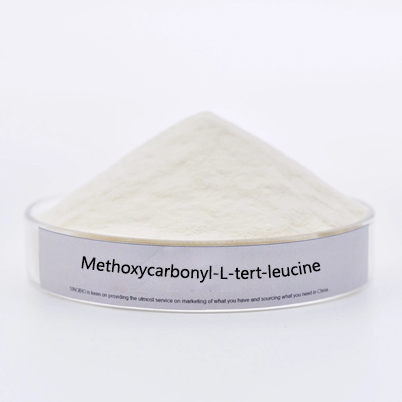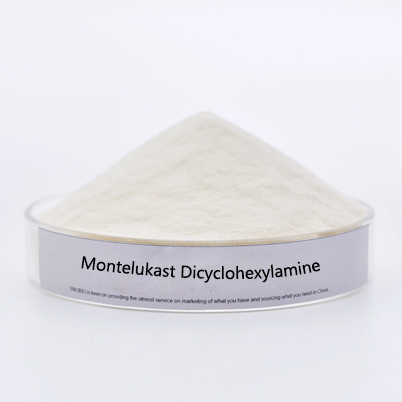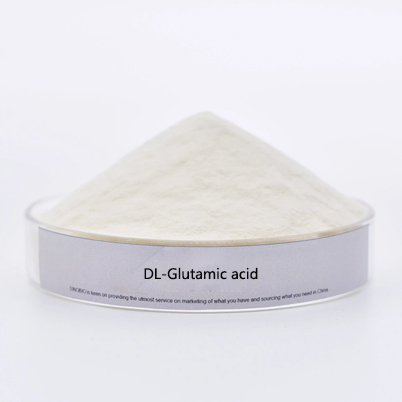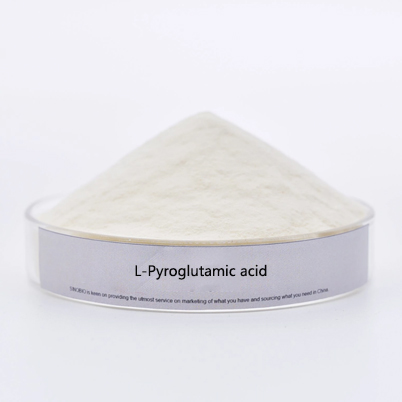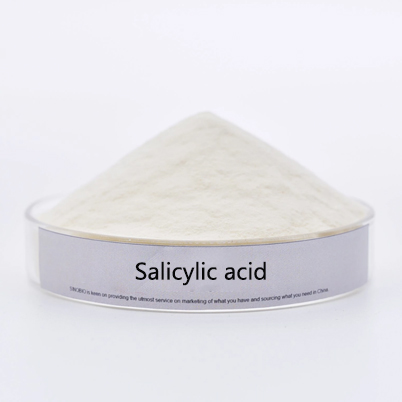- E-mail : info_medicalmarketing@jindunmedical.com
- Phone : +86 21 64057580
- Address : Shanghai China
Medication Safety | Repeated use of drugs is dangerous, do not be careless in taking
It is easy to get fire in dry autumn. Recently, due to swollen and painful gums and mouth ulcers, Ms. Wang went to the pharmacy on her own to buy Huanglian Shangqing Pills and Niuhuang Detoxification Tablets, thinking they would work better together, but she didn't expect them to cause severe diarrhea. After consulting her physician, she realized that it was due to repeated medication. So, what exactly is the problem with duplication of medication? What drugs are used together that constitute duplication of medication?
Duplicate use refers to the use of two or more drugs with the same pharmacological effects (including the same ingredients and the same mechanism of action) at the same time without a valid reason. In the above case, Ms. Wang took Huanglian Shangqing Pills and Niuhuang Detoxification Tablets together, both of which contain rhubarb, and her diarrhea after taking them was related to the overdose of rhubarb. Repeated use of drugs can cost more money and endanger lives. The following drug combinations, we must be vigilant, do not take at the same time, do not endanger health due to a momentary oversight.
Acetaminophen + compounded anti-cold medicine
Acetaminophen is an antipyretic and analgesic, and it is also contained in most of the commonly used compounded anti-cold medications such as cold and flu granules, Vitamin C silver warp tablets, aminophen pseudo-malmefene tablets/aminomelamine tablets (such as day and night pepcid, white plus black).
If acetaminophen is taken at the same time as the above-mentioned compounded anti-cold medicine, it may lead to acetaminophen overdose, which may cause liver and kidney function damage in serious cases.
Chlorpheniramine maleate + compounded anti-cold medicine
Chlorpheniramine maleate is an anti-allergy drug that can relieve the symptoms of nasal congestion, sneezing and runny nose, while some compounded anti-cold drugs, such as compounded pseudoephedrine hydrochloride, aminoglutethimide tablets, aminoglutethimide granules, aminoglutethimide syrup, etc., contain this ingredient.
If you do not pay attention to the identification of compound ingredients, unauthorized combined use, it is easy to lead to repeat medication, will aggravate drowsiness, dry mouth, nausea, urination difficulties and other adverse reactions. People who need to drive vehicles, work at height or operate machinery need to pay extra attention when taking the medicine.
Diclofenac Sodium Enteric Tablets + Diclofenac Diethylamine Emulsion
Diclofenac sodium enteric tablets and diclofenac diethylamine latex (e.g. Fotarine) are both composed of the non-steroidal anti-inflammatory drug diclofenac, which has analgesic effects and is commonly used to relieve mild to moderate pain in muscles, soft tissues and joints.
If diclofenac sodium enteric soluble tablets are taken internally and diclofenac diethylamine emulsion is used externally in a larger area, it will lead to repeated medication and patients are prone to headache, abdominal pain, rash and other adverse symptoms, which can cause serious consequences such as liver and kidney function damage in severe cases.
Metronidazole + Ornidazole
Although metronidazole and ornidazole have different drug ingredients, they belong to the nitroimidazole class of antibacterial drugs, mainly used to treat or prevent systemic or local infections caused by anaerobic bacteria.
The combination of these two drugs is a duplication of medication, which may cause nausea, vomiting, loss of appetite and other symptoms in patients, and in serious cases may lead to hives and leukopenia.
Amoxicillin + cephalosporins
Amoxicillin and cephalosporins (such as cefixime, cefadroxil, cefdinir, etc.) belong to the β-lactam class of antibacterial drugs, and their principles of action are similar and their antibacterial effects are basically the same.
The combination of these two drugs is a duplication of medication, which can lead to diarrhea, nausea, vomiting, rash and other conditions in patients, as well as make the bacteria easily resistant to drugs.
Nifedipine Tablets + Nifedipine Controlled Release Tablets
Nifedipine regular tablets lower blood pressure quickly but for a short time, while nifedipine controlled-release tablets release the drug slowly and the lowering effect lasts for a long time. The physician will use or adjust the type and dose of medication according to the patient's clinical condition.
The above two drugs should not be taken at the same time, nor should they be used as substitutes for each other without permission, as this may lead to fluctuations in blood pressure in patients and may easily induce cardiovascular accidents.
Glibenclamide Tablets + Anti-thirst Pills
Glibenclamide tablets are a kind of hypoglycemic western medicine, which can reduce fasting blood sugar and postprandial blood sugar. The Chinese patent medicine, Xiao Thirst Pill, is suitable for the treatment of thirst disease caused by deficiency of both qi and yin, which is characterized by excessive drinking, polyuria, polyphagia, lethargy, fatigue, poor sleep and back pain, as well as type 2 diabetes mellitus with the above symptoms.
In addition to Chinese herbal ingredients such as Pueraria Mirifica, Radix et Rhizoma, Astragalus, and Rhizoma Pinelliae, it also contains a certain amount of glibenclamide. If combined with glibenclamide tablets, or combined with other hypoglycemic drugs without adjusting the dose, it may easily lead to hypoglycemic symptoms in patients, which may even be life-threatening in serious cases.
Compound Thromboxone Tablets+Heart Pulse Capsules
Compound Thromboxone Tablets are generally used for the treatment of retinal vein obstruction caused by blood stasis and Qi-Yin deficiency, which is characterized by decreased vision or abnormal vision, blood stasis in the eyes, fatigue, dry throat, dry mouth, etc., and stable exertional angina, which is characterized by chest tightness and pain, palpitations, panic, shortness of breath and dry mouth, etc.; while Heart Pulse Capsules are mostly used for the regulation of patients with hypertension and hyperlipidemia.
The two drugs contain Chinese herbal ingredients such as Salvia miltiorrhiza and Panax notoginseng, which are effective in activating blood stasis and invigorating blood vessels, so they are not suitable for combined use.
Quick-acting Heart Pill + Compound Salvia Drops
The main ingredients of Quick-acting Heart Relief Pill are Chuanxiong and ice chips; Compound Salvia Drops are mainly composed of Salvia, Panax notoginseng and ice chips. Both of them are commonly used in the treatment of coronary heart disease and angina pectoris, and their pharmacological effects are very similar, and both of them contain ice chips, which can easily cause adverse reactions in the gastrointestinal tract of patients if used in excessive doses.
Therefore, the above two drugs are not suitable for combined use, otherwise it will easily lead to nausea, vomiting, dry mouth, dizziness, headache, weakness, rash, allergy and other conditions.
Pu Di Lan Anti-inflammatory Oral Liquid + Blue Scutellaria Oral Liquid + Compound Fishy Herb Combination
Pudilan Anti-inflammatory Oral Liquid, Blue Scutellaria Oral Liquid and Compound Fishy Herb Combination all contain Chinese herbal ingredients such as Scutellaria baicalensis and Panax quinquefolium, all of which have the effects of clearing heat and detoxifying toxins, promoting pharynx and reducing swelling.
Some patients mistakenly believe that the effect of proprietary Chinese medicines is slower and has fewer side effects, and that the combination of medicines with the same efficacy can increase the efficacy, which is not true. In the case of proprietary Chinese medicines, it is important to follow the doctor's instructions, and the combination of medicines by themselves can also cause adverse consequences. For example, the combination of the three drugs mentioned above can easily lead to discomfort in the gastrointestinal tract of patients, and also increase the burden on the liver and kidneys.
-
date
2022-11-22
-
location
Shanghai, China






































